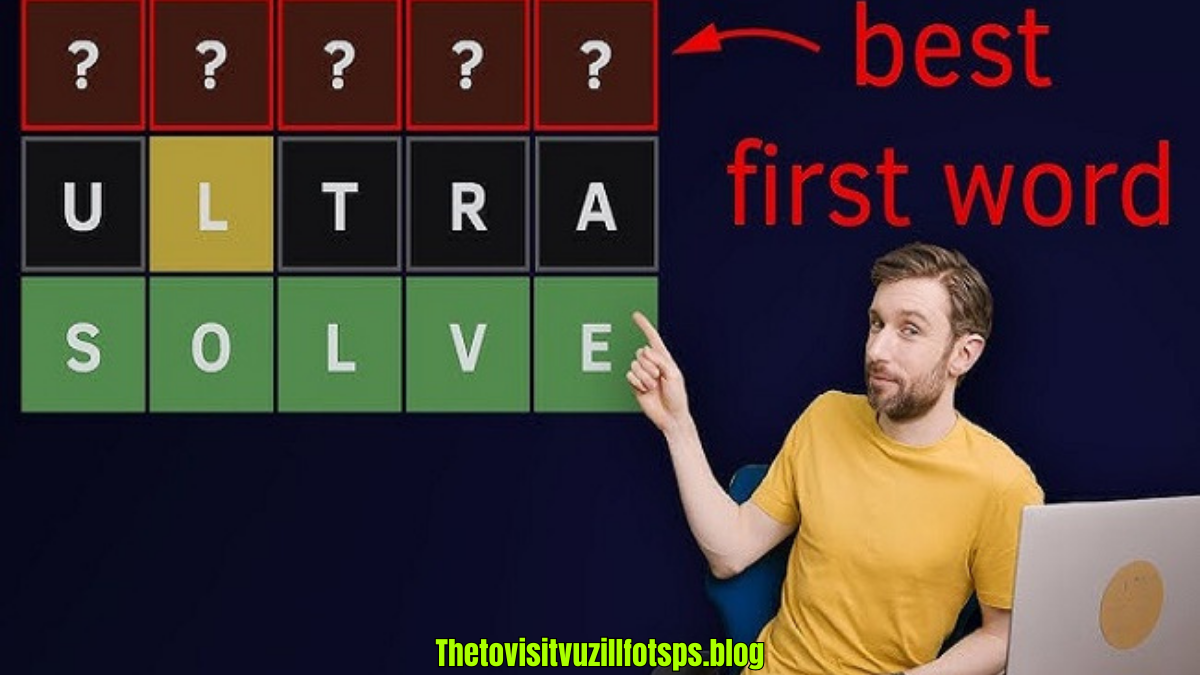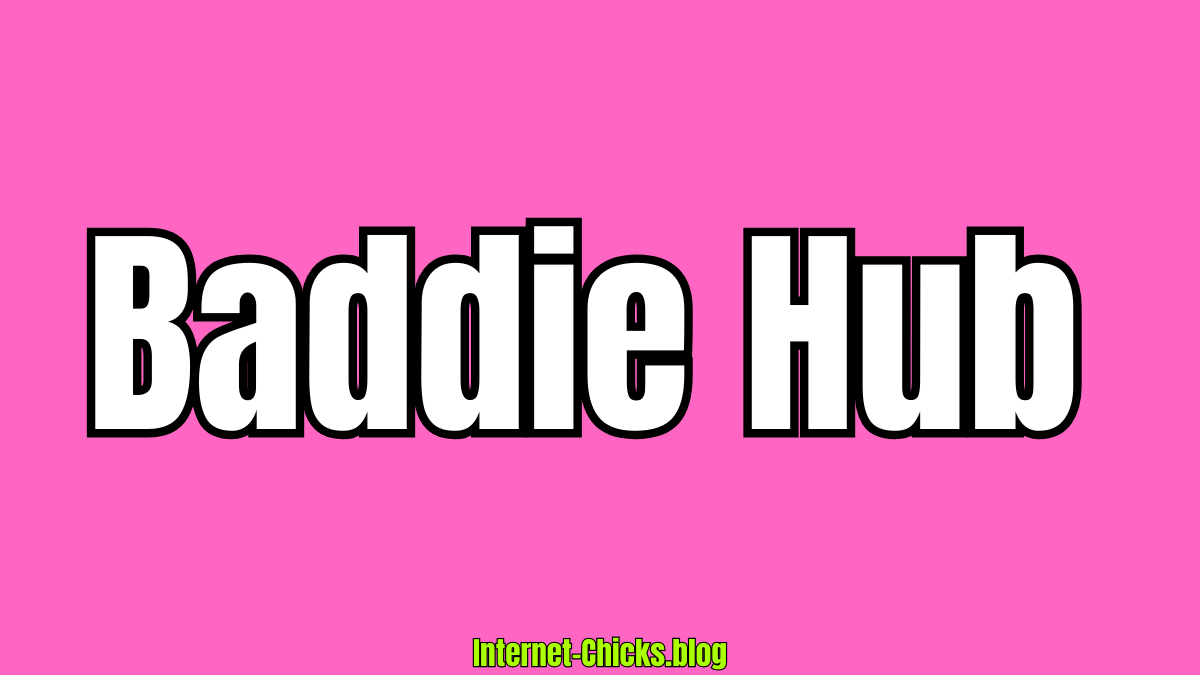Introduction: What is Connections Hint Mashable All About?
If you’ve been hanging around puzzle enthusiasts online or scrolling through Mashable’s entertainment section, you’ve probably come across the phrase “Connections Hint Mashable.” It refers to a feature Mashable regularly publishes that gives subtle hints, nudges, and sometimes outright solutions to the New York Times’ popular Connections game. For those who don’t know, Connections is a daily word puzzle where players must group 16 words into four categories, each with a connecting theme. Think of it like Wordle’s brainy cousin with a social twist.
Mashable, a well-known digital media site, quickly became a go-to source for players looking for clues without spoiling the fun. Their “Connections Hint” pieces are crafted in a way that helps players get unstuck when they’re just about to throw their phone against the wall. The balance between guiding and spoiling is delicate, but Mashable has mastered the art of keeping it helpful yet playful.
This article will unpack everything about Connections Hint Mashable: what it is, why it’s popular, how it helps puzzle solvers, and even some strategies for tackling Connections puzzles without needing a hint at all. By the end, you’ll not only know how to use these hints but also how to sharpen your puzzle-solving skills so you might not even need them. Remember, the ultimate goal is not just to win the puzzle, but to feel the thrill of your own intellect at work.
The Rise of Connections: Why the Game Became a Viral Hit
Before we dive into hints, it’s important to understand why Connections has such a grip on players. Developed by the New York Times Games team (the same minds that brought Wordle into our daily routines), Connections is deceptively simple. You’re presented with 16 words, and you must sort them into four groups of four. Each group shares a hidden connection—sometimes it’s obvious, like “types of fruit,” and other times it’s sneaky, like “things you can tie.”
The beauty of the game lies in its mix of accessibility and challenge. Anyone can play, but not everyone can win. Players only get a limited number of mistakes before they’re out, which adds tension and excitement. Unlike crosswords or Sudoku, which can be solitary, Connections lends itself to sharing—people love comparing answers with friends or debating the difficulty of the day’s categories.
Mashable jumped on this trend early. They realized that people didn’t just want to play; they wanted to talk about the game, get help when stuck, and laugh about the tricky categories together. Thus, their “Connections Hint” series was born.
Mashable’s Role in the Puzzle Craze
Mashable has always thrived on pop culture, tech, and internet trends, and Connections was a natural fit. By offering hints, they positioned themselves as part of the conversation. Unlike generic cheat sites that bluntly give away answers, Mashable’s hints feel like a friend leaning over and saying, “Hey, maybe think about colors here,” instead of shouting the solution.
The style of Mashable’s content is casual, witty, and engaging. They don’t just say “the answer is fruit.” Instead, they’ll drop a clever nudge, like “You may want to head to the produce section for one of these groups.” This approach not only maintains the challenge but also makes the experience entertaining.
Moreover, Mashable’s hints articles give them a strong SEO presence. Millions of people search for “Connections hints” every day, especially when the categories are extra tricky. By consistently publishing this content, Mashable has cemented itself as a top resource for players around the globe.
How Connections Hint Mashable Works
So, how exactly does Mashable provide hints? Typically, their daily “Connections Hint” article follows a structured format:
- General Advice: They start with broad encouragement, reminding players not to overthink or to consider multiple meanings of words.
- Category Hints: Instead of giving away the full categories immediately, they provide subtle clues like “one group is all about emotions” or “you might want to think in terms of sports here.”
- Difficulty Ranking: Mashable often notes which categories are easier and which are trickier, helping players prioritize.
- Full Answers: Finally, for those who truly can’t solve the puzzle, they reveal the complete solution at the end (with plenty of spoiler warnings).
This format is intentional. It allows players to stop scrolling once they’ve gotten the nudge they need, keeping the sense of accomplishment intact. For those who want the answers, well, that option is there too.
Why People Love Connections Hint Mashable
There’s a psychology behind why these hint articles are so beloved. First, they cater to different kinds of players. Some people hate spoilers and only want the tiniest push; others want to skip to the finish line. Mashable caters to both by layering its content.
Second, hints make the game more inclusive. Not everyone has the same vocabulary, cultural references, or background knowledge. A puzzle that’s easy for one person (say, “types of jazz music”) could be nearly impossible for someone who’s never listened to jazz. Mashable’s hints level the playing field, ensuring that everyone, regardless of their knowledge base, can enjoy and excel at the game.
Finally, the hints add to the social experience. Players often share the Mashable hint link with friends, saying, “Don’t worry, this won’t ruin it for you, just check out the first part.” In this way, Mashable has become part of the daily ritual of solving Connections—just like checking the weather or scrolling Twitter in the morning. It’s not just about solving the puzzle, it’s about sharing the experience with others.
Common Categories That Trip Players Up
If you’ve ever played Connections, you know the categories can range from easy to hair-pulling. Mashable’s hints are especially useful when the puzzle includes:
- Homonyms and wordplay: Words with multiple meanings (like “jam” being both a fruit spread and a traffic snarl).
- Niche cultural references: Categories involving obscure movies, slang, or historical figures.
- Deceptive overlaps: Sometimes a word could fit into two categories, and the game punishes wrong guesses. For example, “pitch” could belong with music or baseball.
By highlighting these tricky areas, Mashable helps players avoid the most common traps without outright giving them away.
The Balance Between Help and Spoilers
One of the things Mashable does well is balancing between providing help and preserving the challenge. Let’s face it—if you wanted to, you could Google “Connections answers today” and get the solution in two seconds. But most players don’t want that. They want to feel the satisfaction of solving it themselves, with maybe just a little nudge.
Mashable’s hints are designed with that in mind. They’re layered, starting vague and becoming gradually more specific. It’s a careful dance between giving players agency and saving them from total frustration. That’s why their format works better than flat-out answer dumps.
Tips for Playing Connections Without Needing Hints
Even though Mashable is there to save you, sometimes it’s fun to tackle the puzzle solo. Here are a few strategies that might help:
- Look for obvious pairs first. If two words clearly go together, see if you can find two more that fit.
- Consider multiple meanings. Don’t assume “bass” means the fish—it could also be the instrument.
- Eliminate distractions. If a word could belong to more than one category, set it aside until you’re sure.
- Think outside the box. Categories are often broader than you expect. “Red,” “blue,” “green,” and “yellow” might not just be colors—they could be “Power Rangers.”
- Use the process of elimination. Once you’ve locked one group, the remaining words become easier to sort.
With enough practice, you might be less reliant on hints altogether.
Why Mashable’s Approach Works in Digital Media
From a media perspective, Connections Hint Mashable is genius. It blends three powerful ingredients: SEO-friendly content, viral gaming culture, and daily recurring traffic. Players come back every day, not just once, creating a loyal audience.
Mashable also uses humor and a conversational tone that keeps readers engaged. Instead of dry instructions, their writers add personality, which makes people want to return. This style reflects broader trends in digital journalism, where relatability often trumps formality.
For Mashable, it’s not just about helping people win a game—it’s about becoming part of their routine.
Future of Connections Hints: What’s Next?
As long as Connections remains popular, Mashable’s hints will likely stick around. But the concept may evolve. We could see:
- Interactive hint tools instead of static articles.
- Community-driven discussions where players help each other with nudges.
- Video or TikTok-style hints for players who prefer visual guidance.
Whatever direction it takes, one thing is clear: the relationship between puzzles and online communities isn’t going away. Mashable has carved out a niche by positioning itself as the friendly guide in the world of daily word puzzles.
FAQs about Connections Hint Mashable
1. What is “Connections Hint Mashable”?
It’s a daily feature on Mashable that provides hints, nudges, and sometimes full solutions for the New York Times’ Connections word puzzle.
2. Does Mashable give away the answers?
Yes, but only at the very end of the article. They start with subtle hints so players can try to solve the puzzle on their own first.
3. Why do people prefer hints instead of just the answers?
Because most players still want the satisfaction of solving the puzzle themselves, hints keep the challenge alive without spoiling the fun.
4. Is Connections harder than Wordle?
In many ways, yes. Wordle focuses on guessing a single word, while Connections requires sorting multiple words into categories, which often involves trickier logic.
5. Will Mashable continue posting Connections hints?
As long as the game remains popular and people keep searching for help, it’s safe to say Mashable will keep publishing its daily hints.
Conclusion
Connections Hint Mashable is more than just a puzzle guide—it’s part of a cultural phenomenon. By providing daily nudges in a clever, engaging way, Mashable has built a loyal following of puzzle lovers who come back every day to share in the challenge.
Whether you’re someone who needs a little push or a player who wants the answers ASAP, Mashable has found the sweet spot. And in a world where digital content often struggles to keep people coming back, that’s no small feat.
At its core, the appeal of Connections—and Mashable’s hints—lies in community. Solving puzzles has always been a social activity, and now, thanks to features like this, it’s a global one.



